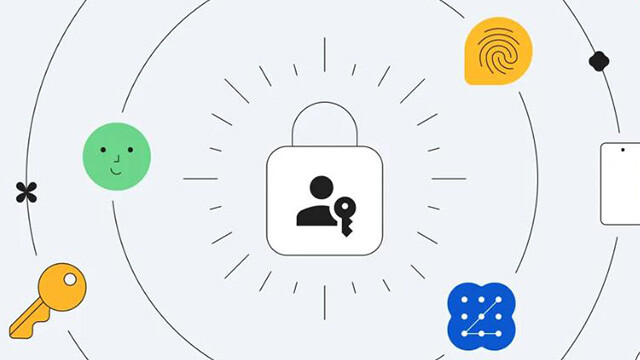
SEOUL, South Korea – Kakao, South Korea's leading internet company, has announced the adoption of passkeys as a new login method for its Kakao account. Passkeys offer a more secure and convenient alternative to traditional passwords, allowing users to authenticate their identity using biometric data such as fingerprints, facial recognition, or device patterns.
When a user creates a passkey, a pair of unique cryptographic keys is generated. The public key is stored on the server, while the private key is stored on the user's device or in the cloud. To log in, the device simply needs to match the public and private keys. This method eliminates the risk of password breaches and phishing attacks.
"By introducing passkeys, we aim to provide users with a more secure and convenient login experience," said a Kakao spokesperson. "Users no longer need to remember complex passwords or go through the hassle of frequent password changes."
Kakao has made it easy for users to set up and manage their passkeys through the "Account Security" menu on the Kakao account webpage. Once registered, passkeys are automatically synced across devices using iOS and Android cloud services.
Moreover, Kakao has emphasized the versatility of its web-based passkey implementation. This means that users can use their passkeys not only for Kakao services but also for any other services that support Kakao login.
The adoption of passkeys aligns with global trends. Tech giants like Google, Apple, Samsung, and SK Telecom have already implemented passkey systems in their services. A survey conducted by the FIDO Alliance last year revealed that users in 10 countries, including South Korea, forgot their passwords an average of four times per month, highlighting the need for more secure and convenient authentication methods.
[Copyright (c) Global Economic Times. All Rights Reserved.]






























